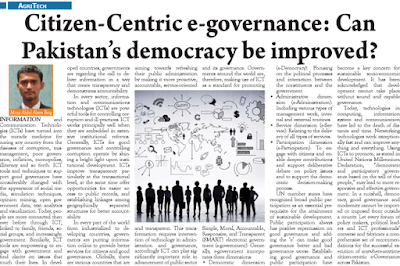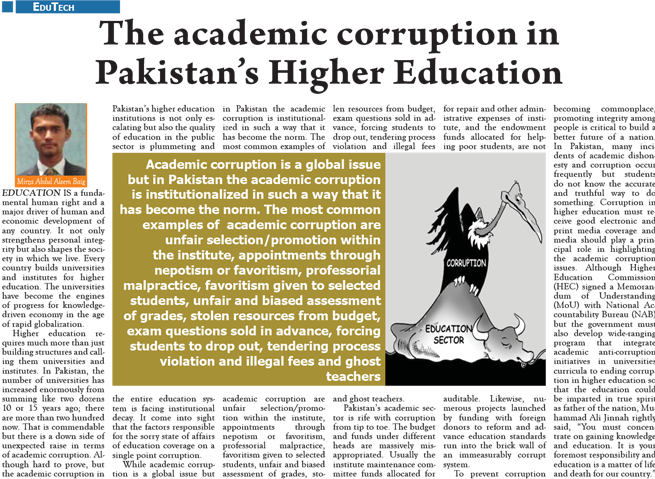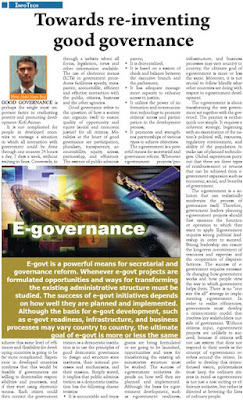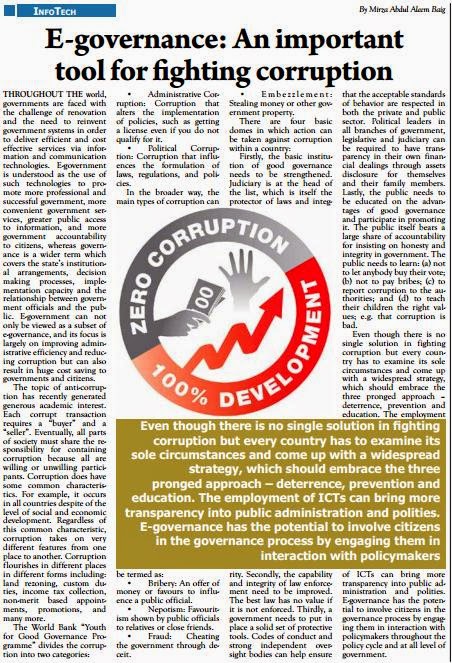“Health is today a
growing concern in foreign policy” – Dr. Margaret Chan
Health is on the radar
of foreign policy since it is connected to three global agendas i.e. security, economy,
and social justice. Over the past decade, countries around the world have progressively
acknowledged the significance of linking their foreign policy efforts and their
work on health. Various events around the globe have contributed to the development
of the field of “Health Diplomacy”, for instance the increase in global funding
to fight HIV/AIDS, the treat of emerging and re-emerging infectious diseases,
the need for virulent disease vigilance, fears about bioterrorism, and emerging
focus on health system strengthening and universal health coverage.
In recent times, there
has been an astonishing surge of interest in the topic of health diplomacy. It
is worth noting that, even with this growing level of interest, there is modest
accord on how to define health diplomacy. The notion of health diplomacy was
introduced as early as 1978 by Peter Bourne, special assistant to the president
for health issues during the Jimmy Carter administration. He argued that “the
role of health and medicine as a means for bettering international relations
has not been fully explored by the United States. Certain humanitarian issues,
especially health, can be the basis for establishing a dialogue and bridging
diplomatic barriers because they transcend traditional and more volatile and
emotional concerns”.
As a developing
country, Pakistan has largely been the recipient of various developmental aids
from developed countries including that for health and also relied on such
assistance to advance domestic health condition. Conversely, with its escalating
national power, Pakistan is also anticipated to shoulder responsibilities and
to make contributions to many other developing countries of the region, not
just in the form of medical teams. As the 21st century continues to
emphasize the need for synchronized health actions between nations, the significance
of health diplomacy has become obvious within foreign policy loop. Pakistan must
have bilateral or multilateral health treaties and agreements with other
countries through multi-year action plan, with particular emphasis on health
system development, public health, prevention of disease, primary health
services and global health.
In the modern
globalized world today, health is too important and political to be left only
to the ministry of health. Globalization requires that ministers of health act
with other countries in order to ensure the health of the residents at home. In
this regard the government should:
- · Integrate a global health perspective into its general foreign policy and create an information platform for health diplomacy,
- · Harmonize general foreign policy and other policies to highlight the health effects of foreign policy, and improve the promotion of public health nationally and globally,
- · Establish the coordinating office for health foreign policy to highlight the connection between health and well-being, social development and security,
- · Produce policy papers on subjects arising in health foreign policy and strengthen academic proficiency,
- · Continue its efforts to strengthen good governance, with emphasis on institutional development and the rule of law,
- · And, give priority to fight against corruption and nepotism throughout development and foreign policies, with targeted efforts in the health diplomacy.
It is an eminent fact
that health is a global public good and national public health cannot be
safeguarded by any state in isolation. Almost all world leaders have committed
themselves to ensuring that all individuals enjoy the right to health. They
have also agreed to cooperate to realize this right for people all over the world.
In Pakistan, foreign policy must take health issues into account, and health
issues must have a diplomatic dimension. Foreign policy practitioners need to
become aware of impact of policy options and decisions on health outcomes and must
back these words with their actions. This is how foreign policy can make a
difference to health and this is a task by which they are likely to be judged
by future generation.
















